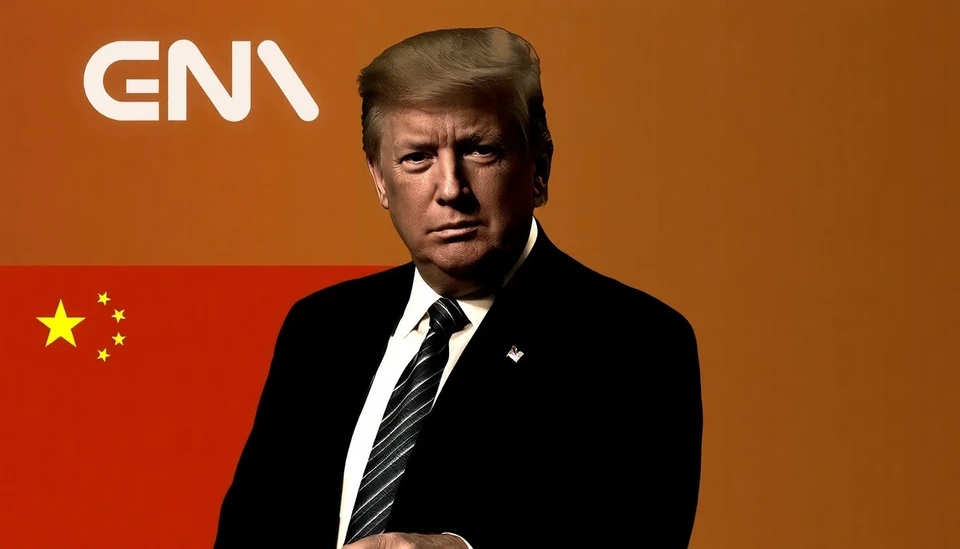
In a striking series of actions, former President Donald Trump is directing a significant focus on China as he embarks on what he claims to be the most ambitious moves of his second term. This strategy includes a multifaceted approach targeting a range of issues spanning geopolitical tensions, trade policies, and technological competition.
As Trump prepares for his upcoming presidential campaign, he has made it clear that addressing the challenges posed by China will be a cornerstone of his platform. In a recent press conference, he stated, “China’s actions have gone unchecked for far too long, and it’s time for the United States to take a firm stand.” His rhetoric reflects an escalation in the ongoing battle over economic dominance and national security between the two nations.
Among his proposed measures is the implementation of stricter tariffs on a broader range of Chinese goods, aimed explicitly at curbing what he labels “unfair trade practices.” Trump’s administration plans to unveil a comprehensive list of goods subject to increased tariffs in the coming weeks, signaling a potential return to the high-stakes trade battles seen during his first term.
Beyond trade, Trump is also focusing on technological competition. He has announced plans to restrict Chinese companies from operating in key sectors of the U.S. economy, particularly in technology and telecommunications. This initiative is framed as a move to protect American jobs and technology from being appropriated by competitors. Analysts warn, however, that such measures could escalate tensions between the two economic superpowers.
Trump is aiming to garner support from key voter demographics, particularly in swing states that have been significantly affected by China’s economic rise. His team believes that emphasizing a strong stance against China will resonate with an electorate concerned about jobs, manufacturing, and national security.
However, critics of Trump’s policies caution against the potential pitfalls of a full-blown trade war. They argue that increased tariffs and bans on Chinese firms could lead to retaliatory measures that may harm American consumers and businesses in the long run. The economic repercussions of previous tariffs remain a contentious topic as experts continue to dissect their impact on the U.S. economy.
Furthermore, Trump's renewed focus on China also has implications on the diplomatic front, potentially straining relationships with allies who are integral in addressing common global challenges, such as climate change and public health. As the geopolitical landscape grows increasingly complex, experts are keenly observing how Trump’s approach will play out on the world stage.
With Trump's campaign gaining momentum, his administration's policies against China are poised to become a defining issue in the upcoming election. The former president’s supporters are rallying behind the narrative of America needing to reclaim its economic strength and global leadership position, further intensifying the discourse around China.
As the effects of these announcements ripple through political landscapes and economic markets, stakeholders across the board are watching closely, preparing for a potentially tumultuous season ahead as Trump’s campaign strategy unfolds.
In summary, as Trump gears up for another presidential run, his aggressive posture towards China underscores a critical tension that will shape not only his candidacy but also the landscape of international politics and economics in the years to come.
#Trump #China #TradeWar #Economy #2024Election #NationalSecurity #TechnologyCompetition #Geopolitics
Author: Rachel Greene




